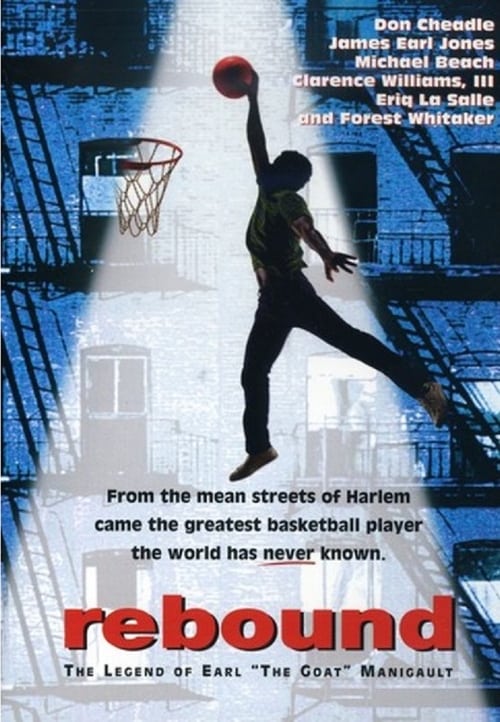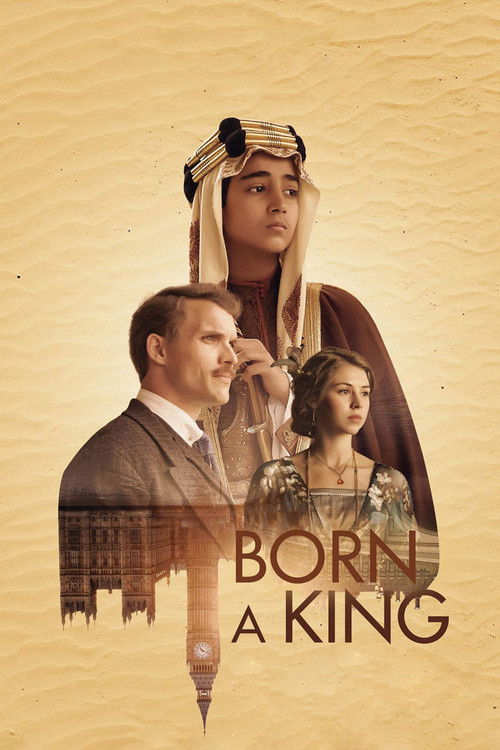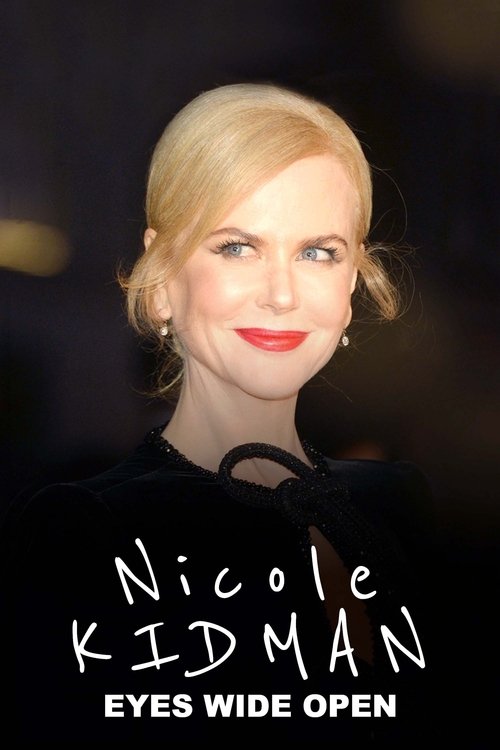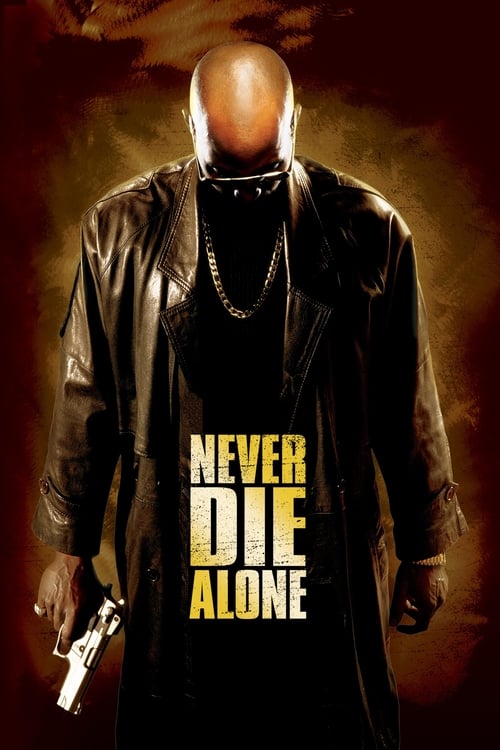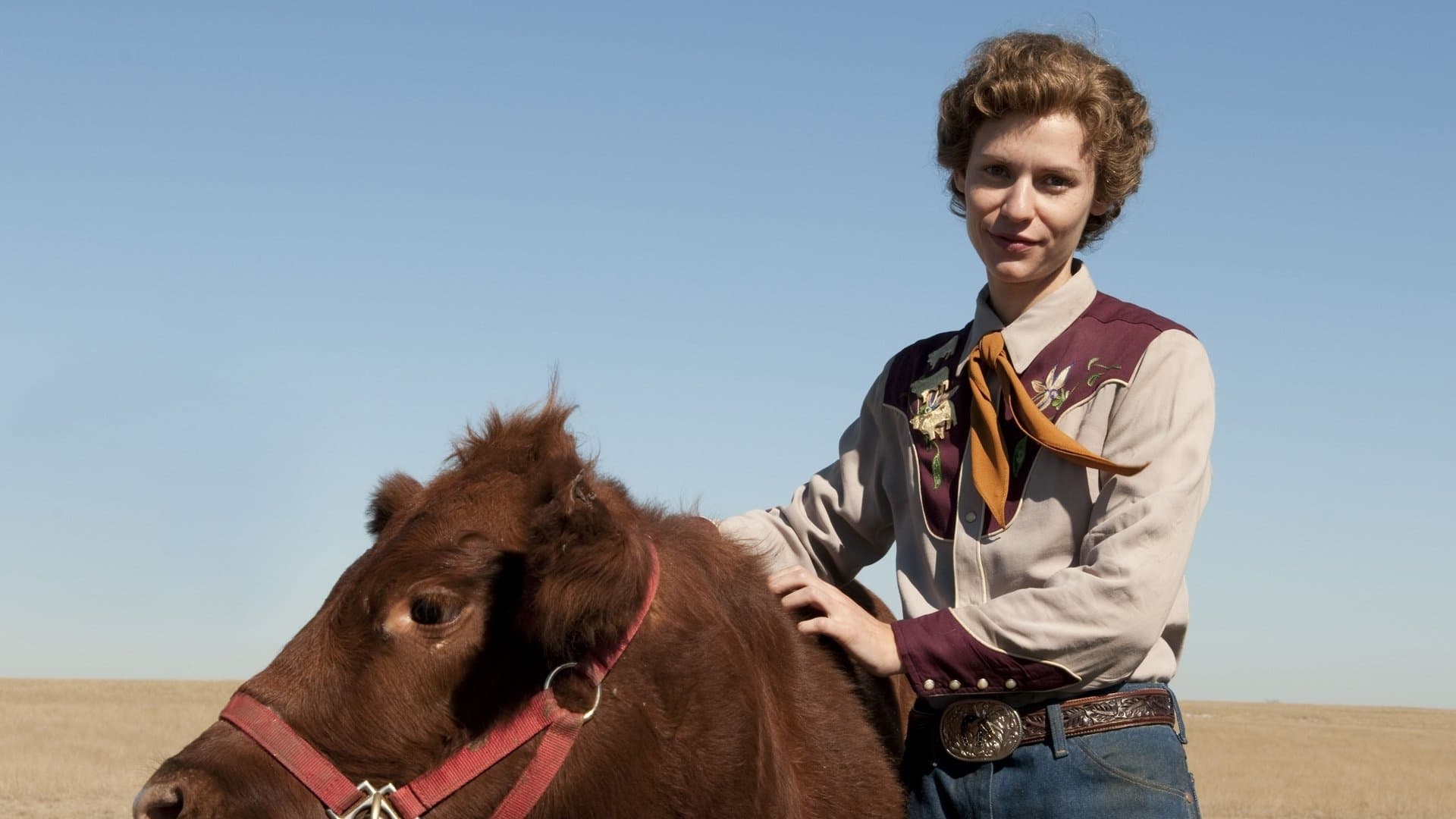
2010
Temple Grandin
Drama, History
8.0
User Score
534 Votes
Status
Released
Language
en
Budget
$0
Production
HBO Films, Ruby Films
Overview
A biopic of Temple Grandin, an autistic American who has become one of the leading scientists in humane livestock handling.
Review
tmdb76622195
10.0
Temple Grandin (Claire Danes) is just out of high school and sent to her Aunt Ann's (Catherine O'Hara, fitting into dramatic character roles very nicely) Arizona ranch. Her initial reaction to the climate and awkward way of behaving shows us that she has Asperger's Syndrome and/or autism. Asperger's is a milder form of autism, where the subject has better communication skills like speech, but is still unable to connect with our view of normal behavior. Temple grows to love the ranch, working with the animals and inventing an automatic gate that can be opened with the pull of a brass rod. She is very smart and detail-oriented, but must go to college. Temple's mother Eustacia (Julia Ormond, also maturing nicely into character roles) has been dealing with Temple's outbursts all of her life, and knows what it takes to calm Temple down. Unfortunately, college life is tough for Temple, who builds a machine that calms her but horrifies other students (it's a version of a cattle hold). Temple is thrown into this collegiate setting in the days before special services, yet she manages to make it through, and goes on to get her master's degree in animal husbandry back in Arizona. Again, Temple runs into obstacles- in the form of the cattlemen who don't want her around studying such silliness as what the cows' mooing mean- plus she is a woman, and they just aren't allowed. Temple designs and implements a new way to send cattle through a medicinal dip that is more humane to them, and then goes about rethinking the way cattle are slaughtered. Temple feels that animals were put on this earth for the service of man, but there is no reason we cannot be kind to them as part of their use as food and other products, and it makes good business sense.
Temple is headstrong, but she does not see the world like you and I do. She sees everything as a picture, and takes puns and jokes literally. When she hears the term "animal husbandry," her mind calls up a person marrying an animal, and so on. Death is a foreign concept, too, for both animals and humans. When a major character dies, she wonders where they went, and doesn't understand saying goodbye to them at a funeral, since she just told them goodbye when she saw them last. Somehow, Grandin went on to write for technical ranching journals, before becoming an autistic advocate, and the screenplay is based on two books- both of which she authored. Mick Jackson's direction is fantastic. Using special effects appropriately, he shows the viewer how Grandin is able to picture things in her mind. These scenes are a great learning experience without overwhelming the screen with technical wizardry, and tell us that autistics are not mentally deficient; they are different, not less (a line from Temple's mother). While the screenplay jumps back and forth in time too often (college, and then boarding high school?), it does not lose its focus on Grandin. While the supporting cast gets to use their onscreen time, the film has one central character who is fascinating enough to watch without any melodramatic gristle to get in the way. O'Hara is great as Aunt Ann, who knows her niece so well. Her reassuring phone calls and scenes with Temple's worried mom are well-played. Ormond is phenomenal as Temple's mother. I could completely associate with her, watching her offspring doing something strange, and blaming themselves for their child's condition. Eustacia is no screaming battleaxe, telling everyone where to stick their assorted diagnoses. She has the patience of a saint, deciding to teach Temple to speak with flash cards, and hesitantly accepting that her child is not able to show love and affection. David Strathairn is also wonderful as Temple's science professor at the boarding school, recognizing that Temple is brilliant if the coursework is changed to fit her learning style. Claire Danes is a revelation. She has been simply good in "Romeo + Juliet" and the third "Terminator" film, but her googly-eyed emoting in the overrated "My So-Called Life" drove me batty. I have seen interviews with the real Temple Grandin, and Danes doesn't just do a good job, or master some observed mannerisms, she becomes Temple Grandin. She nails it from the very first scene, and consistently got it right. The viewer doesn't need someone to come out and explain every one of Temple's quirks; her fear of automatic doors and lashing out physically when she feels threatened are all embodied by Danes. She is so good, I forgot I was watching a performance. This is one of the best pieces of acting I have ever seen, and I have been reviewing films in one way or another since elementary school. I loved "Temple Grandin." I could associate with it thanks to a family situation, but many more can find inspiration here. Not only will Temple's story inspire autistics and their families, this work might demonstrate to emerging artists what a powerful medium film can be.
Read More 